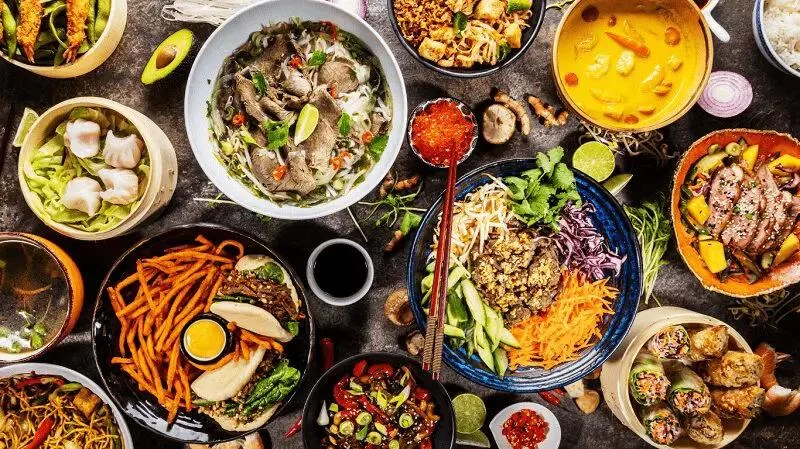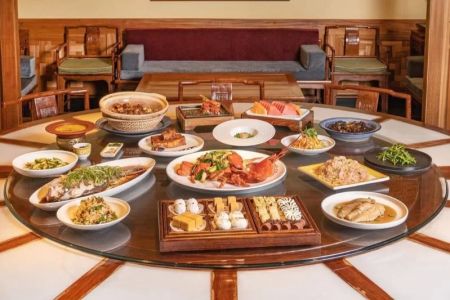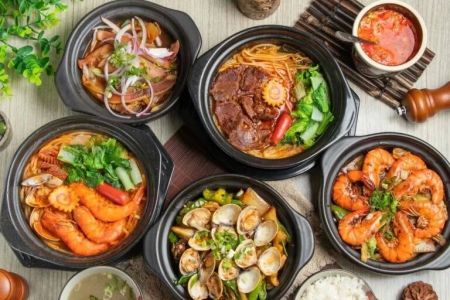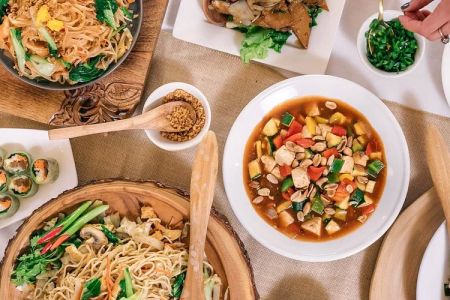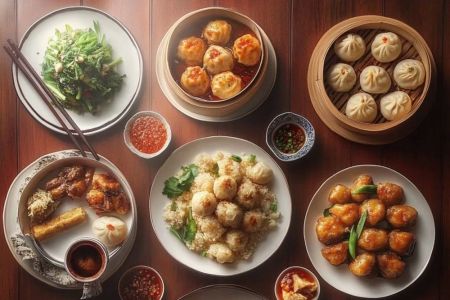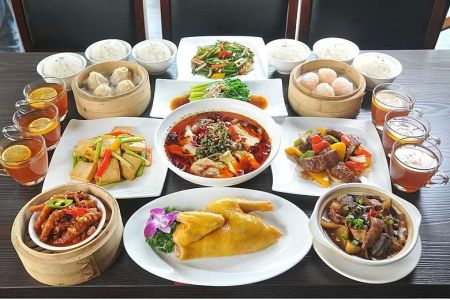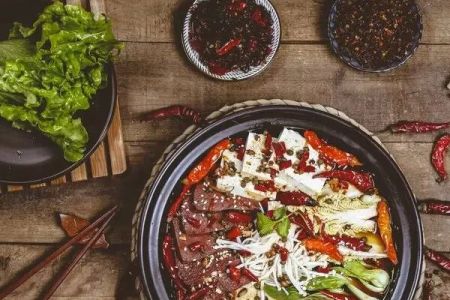The Rise of Chinese Food in Latin America: A Delicious Fusion of Cultures
If you’re like me, you’ve probably noticed the growing popularity of Chinese food in Latin America. It’s not just a passing trend; it’s become a cultural staple, a true fusion of flavors that brings together the best of both worlds. As someone who has spent time traveling throughout Latin America and enjoying its diverse food scene, I’ve come to appreciate how Chinese food has found its way into the hearts and stomachs of people across the region. So, let’s dive into the fascinating journey of Chinese food in Latin America, explore some of the most popular dishes, and uncover the stories behind this delicious cultural blend.
1. The Arrival of Chinese Immigrants in Latin America
The history of Chinese food in Latin America goes back to the late 19th and early 20th centuries. Chinese immigrants, mostly from Guangdong and Fujian provinces, arrived in Latin American countries as part of the global migration movement driven by political unrest, poverty, and the search for new opportunities. Many of these immigrants were originally brought in to work on the railroads, in agriculture, and in other industries. However, over time, many Chinese immigrants began to open small businesses, including restaurants, which gradually became an integral part of the Latin American culinary landscape.
At first, Chinese food was considered an exotic novelty, something only available in the big cities and served primarily to the Chinese community. But as time passed, the dishes became more adapted to local tastes, and the rest of the population began to embrace Chinese food. It wasn’t long before Chinese restaurants became a go-to spot for families, friends, and even businesspeople looking for a quick and satisfying meal.
2. Fusion Dishes: Where Chinese Food Meets Latin American Flavors
One of the most exciting aspects of Chinese food in Latin America is how it has been transformed to fit local tastes and ingredients. Over the years, a variety of fusion dishes have emerged that blend traditional Chinese cooking with local Latin American ingredients and techniques. This fusion creates a unique culinary experience that is both familiar and exciting. For example, in Peru, a country famous for its culinary diversity, the Chinese influence has led to the creation of “chifa” — a style of cooking that incorporates Chinese techniques and ingredients like soy sauce, but uses local ingredients like rice, potatoes, and seafood.
One of the most iconic dishes of the Chifa tradition is “Arroz Chaufa,” a delicious fried rice dish that combines Chinese-style fried rice with Latin American flavors such as chicken, beef, and scrambled eggs. It’s a perfect example of how Chinese food has been adapted to suit the local palate while maintaining its roots. In countries like Brazil and Mexico, you’ll find variations of Chinese fried rice and stir-fry dishes with the addition of local spices, tropical fruits, and even beans.
3. The Growing Popularity of Chinese Restaurants
As the fusion of Chinese and Latin American cuisines has become more popular, so too has the number of Chinese restaurants across the region. In major cities like Buenos Aires, Lima, and Mexico City, it’s common to find Chinese restaurants in nearly every neighborhood. These restaurants vary in style, from small, family-owned establishments to large, high-end restaurants offering an upscale dining experience.
Chinese restaurants in Latin America often cater to a broad demographic, serving a wide range of dishes to appeal to different tastes. While some restaurants stay true to the original Chinese recipes, others focus on the fusion element, offering innovative dishes that combine the best of both worlds. Many restaurants even offer a unique Latin twist on traditional Chinese dim sum, with empanadas, tamales, and other Latin treats being served alongside the dumplings, baos, and spring rolls.
4. Chinese Food as Comfort Food in Latin America
What makes Chinese food so beloved in Latin America? For many, it’s the familiarity and comfort it provides. The combination of savory, salty, and sweet flavors, as well as the hearty nature of the dishes, make Chinese food the perfect option for family gatherings, casual dinners, and even late-night cravings. Much like how pizza or burgers have become comfort food staples in the United States, Chinese food has earned its place in Latin American households as a go-to comfort meal.
In fact, Chinese food often takes on a special place in the lives of Latin American families. Many of us remember growing up with the smell of stir-fried rice wafting through the kitchen or a family outing to the local Chinese restaurant for a big meal with all our loved ones. The fact that Chinese food is often served family-style — with large platters to share — only adds to the sense of togetherness and community that it fosters.
5. Iconic Dishes You Must Try in Latin America
While the fusion of Chinese and Latin American cuisines has led to the creation of many new and exciting dishes, there are a few that stand out as iconic and must-try. If you find yourself in Latin America, make sure to sample these dishes:
- Arroz Chaufa: As mentioned earlier, this Peruvian dish is a Chinese-style fried rice that combines Chinese ingredients with local Peruvian flavors. It’s a perfect example of the Chifa culinary tradition.
- Chop Suey: While Chop Suey is a dish that originated in the United States, it has become a staple in many Latin American Chinese restaurants. It’s a stir-fry made with vegetables, meat, and sometimes seafood, all cooked in a savory sauce.
- Pollo a la China: This dish, popular in countries like Colombia and Venezuela, consists of deep-fried chicken coated in a crispy batter and served with a sweet and sour sauce.
- Dim Sum with a Latin Twist: In some Chinese restaurants, you can find dim sum dishes that incorporate Latin flavors. For example, tamales stuffed with Chinese ingredients or empanadas filled with pork and vegetables.
6. The Future of Chinese Food in Latin America
Looking ahead, the future of Chinese food in Latin America seems bright. As global food trends continue to evolve, the fusion of Chinese and Latin American cuisines will likely continue to grow, offering new and exciting dishes for people to try. With the growing interest in Asian fusion cuisine and the increasing recognition of Chinese culinary traditions, it’s clear that Chinese food will remain a beloved part of the Latin American food scene for many years to come.
So, next time you’re in Latin America, don’t forget to visit a local Chinese restaurant. Whether you’re enjoying a plate of Arroz Chaufa or indulging in some delicious dim sum with a Latin twist, you’re sure to experience a unique and satisfying culinary adventure that reflects the beauty of cultural fusion.


